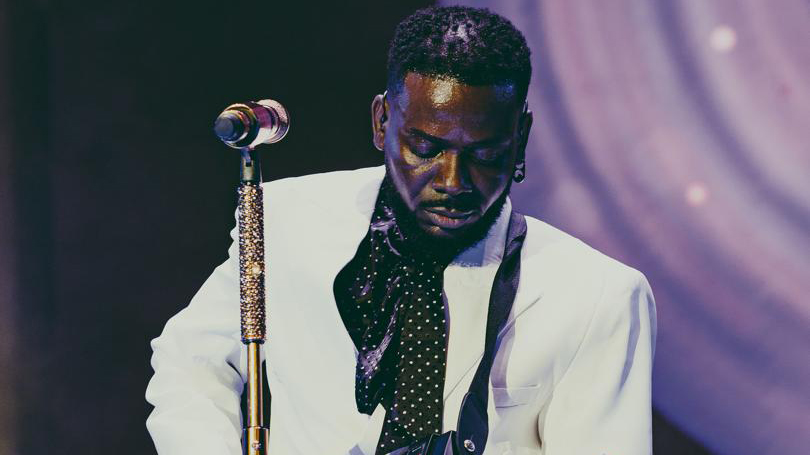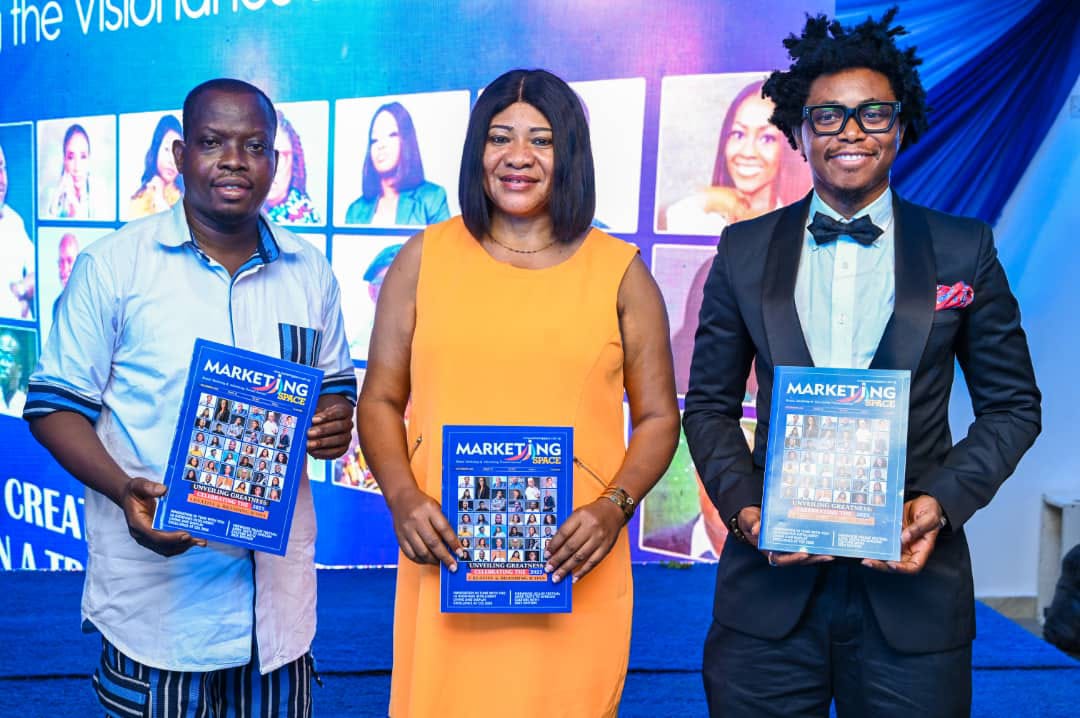 In commemoration of the country’s 64th independence day, the media has called on government to uphold freedom of the press and guarantee safety of journalists.
In commemoration of the country’s 64th independence day, the media has called on government to uphold freedom of the press and guarantee safety of journalists.
In a chat with The Guardian in Lagos, Deputy Director, Media Rights Agenda (MRA), Ayode Longe, said the media has had a checkered history, especially from colonial era.
He noted that the media played crucial role in nation building, promoting unity and holding government accountable.
To him, they also experienced significant challenges during the military regimes, facing censorship, intimidation, and outright repression and they paid so much for trying to assert their freedom and independence.
Several media outlets, he further recalled, were closed for publishing materials considered offensive by the military.
Although return to democratic rule in 1999 appeared to have brought some improvement, with the expansion of private media houses and the proliferation of digital media, he added “issues such as ownership concentration, economic challenges, and political pressures still hindered the media’s full potential.”
Speaking further, Longe, however, advised government to safeguard press freedom by ensuring conducive atmosphere that enables the media to operate unfettered.
He explained government could do so by upholding laws that protect journalists and the media and ensuring that journalists and media organisations are protected from harassment, violence, and threats to their personal safety; refrain from interfering in editorial independence of government-owned media and actually transforming them to public service media, allowing journalists to operate freely without fear of censorship, and preventing any form of political or economic pressure on media outlets; and collaborate with professional bodies to develop self-regulatory frameworks for media practitioners, rather than enforcing state-led censorship, among others.

On his part, Chairman NUJ, Lagos State Council, Adeleye Ajayi, described the last 64 years as a mixed bag of experiences for the media . In the military era, he observed there were clampdowns on journalists and media houses. In democratic settings, however, he stated there was a little bit of relief for the media, until recently that journalists started being picked by security operatives.
Citing Section 22 of the amended 1999 Constitution, he insisted the media is constitutionally empowered on issue of accountability. He added freedom of expression is also enshrined in the constitution.
Noting press freedom in a democratic setting is not debatable, he argued the media is indispensable democratic government must thrive and be popular.
To Ajayi, “the press or the media is the oxygen of democracy. Recall that successful political leaders and office holders were those with journalism background or those that were media-friendly.”
Concerning AI and future of the media, he suggested, “journalists should be well trained especially as regards digital journalism to conquer the fear of AI. For the social media, the stage is becoming more competitive and the tonic is to combine speed and accuracy in news reporting as I always tell my reporters.”
On her part, publisher of BONews, Blessing Oladunjoye, said, over the years, Nigeria’s media has played a pivotal role in shaping public discourse, driving political awareness, and holding governments accountable.
From the print era that championed independence to the current digital age, she observed the media has undergone tremendous transformation.
To her, the journey has however been a mix of triumphs and challenges. While the Nigerian press has stood strong in exposing corruption, advocating for democracy, and serving as the voice of the voiceless, she noted “it has also faced restrictions, especially during military rule and even in the democratic era.”
Saying technological advancements and digital platforms have expanded the reach of journalism, she stated media practitioners still face issues such as ownership interference, inadequate funding, and censorship by state and non-state actors.
Concerning roles of government in safeguarding press freedom, she argued, “government plays a crucial role in creating an enabling environment for the media to thrive. It must ensure the enforcement of laws that promote transparency and accountability while protecting journalists from harassment. Ensuring that laws like the Freedom of Information Act are respected and implemented is essential. The government should also work to reform draconian laws that inhibit press freedom while engaging with the media sector to create policies that promote ethical journalism without undue censorship. Furthermore, the government can support media literacy initiatives to combat misinformation while promoting media as a pillar of democracy.
The security agencies also need to know that the media have a constitutional role to perform and they should stop intimidating journalists from performing their roles.”






